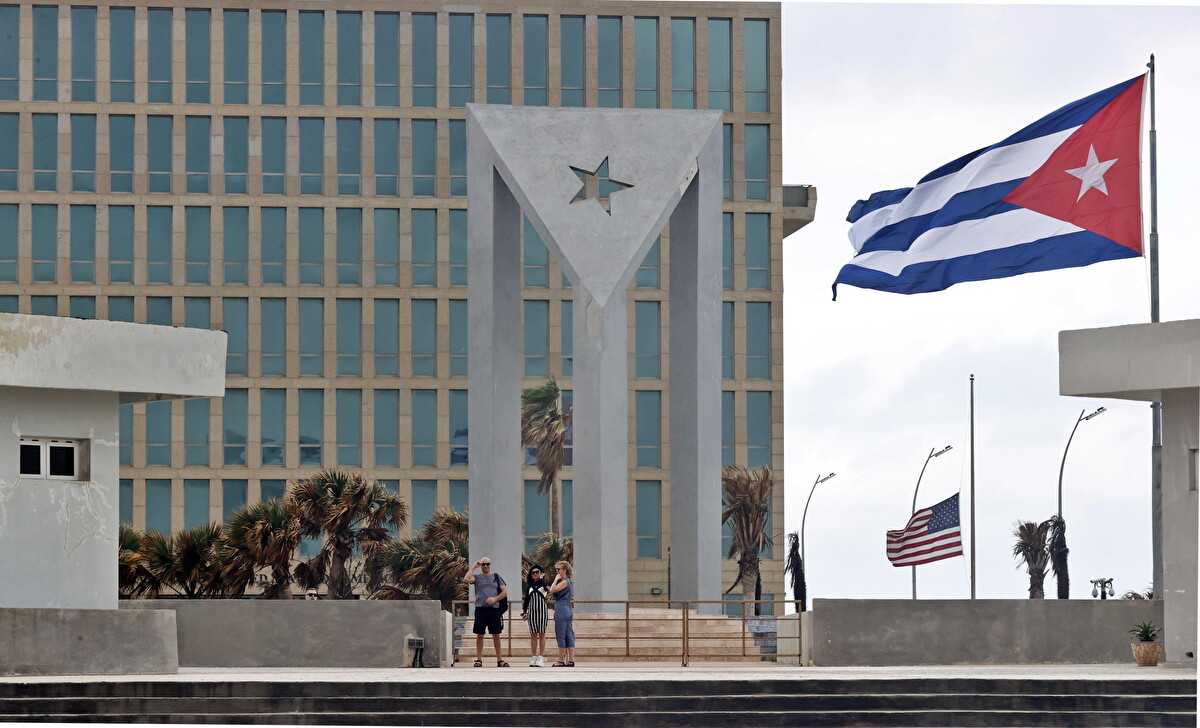Cuba returns to the center of the usual diplomatic tug-of-war in relations with the United States. Joe Biden, shortly before the end of his term, had removed Cuba from the U.S. list of countries sponsoring terrorism, a measure revoked soon after Trump returned to the White House. Indeed, the new president had repeatedly criticized the Democrats’ openings to the communist regime, culminating in Barack Obama’s visit to Havana, the first by an American president since 1928. On Monday, the Trump administration announced a new clampdown through a National Security Presidential Memo and an accompanying “fact sheet”.
The White House fact sheet released yesterday reveals the president has instructed his administration to review the current sanctions with a view to making them tougher within 30 days. The goal is to limit financial transactions that “disproportionately benefit the Cuban government, military, intelligence, or security agencies at the expense of the Cuban people.” A source with knowledge on the matter told the Miami Herald that this amounts to sanctions on companies from third states that do business with military companies in the Caribbean nation, which would mark a significant escalation in the United States’ sanctions regime.
The changes, the memo reveals, are also aimed at the island’s tourism, a key sector of its economy. It instructs American government officials to look for ways to shut down Cuban tourism altogether, and to restrict educational tours to groups that are organized and run only by American citizens. As stated in the fact sheet, Trump’s memo “supports the economic embargo of Cuba and opposes calls in the United Nations and other international forums for its termination.”
“The Presidential Memorandum vs #Cuba released today by the US government strengthens the aggression & economic blockade that punishes the whole Cuban people and is the main obstacle to our development,” said Cuba’s foreign minister, Bruno Rodriguéz, in a response on X. “It’s a criminal behavior that violates the #HumanRights of an entire nation.”
The Trump administration also included Cuba among seven countries that are subject to enhanced restrictions on those who visited the island and revoked temporary legal protection statuses in the United States for some 300,000 Cubans, a measure that protected them from being deported. Visa restrictions were also announced for those who worked in Cuban medical missions, a major pillar of the Cuban government’s foreign policy, which prides itself on sending its doctors around the world in the wake of natural disasters and health crises.












